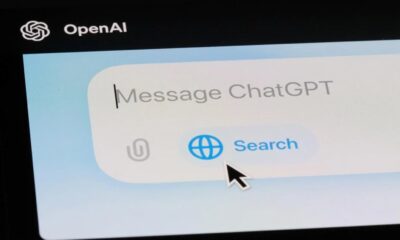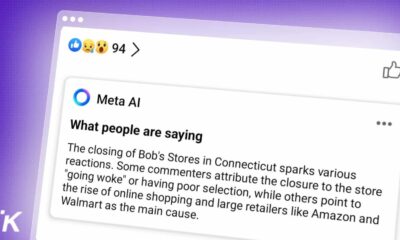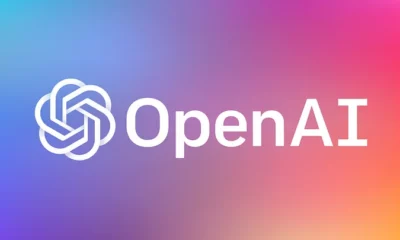AI
Can ChatGPT do your job? OpenAI says yes, at least 19% of you
One recent study says 19% of U.S. occupations could be at risk.
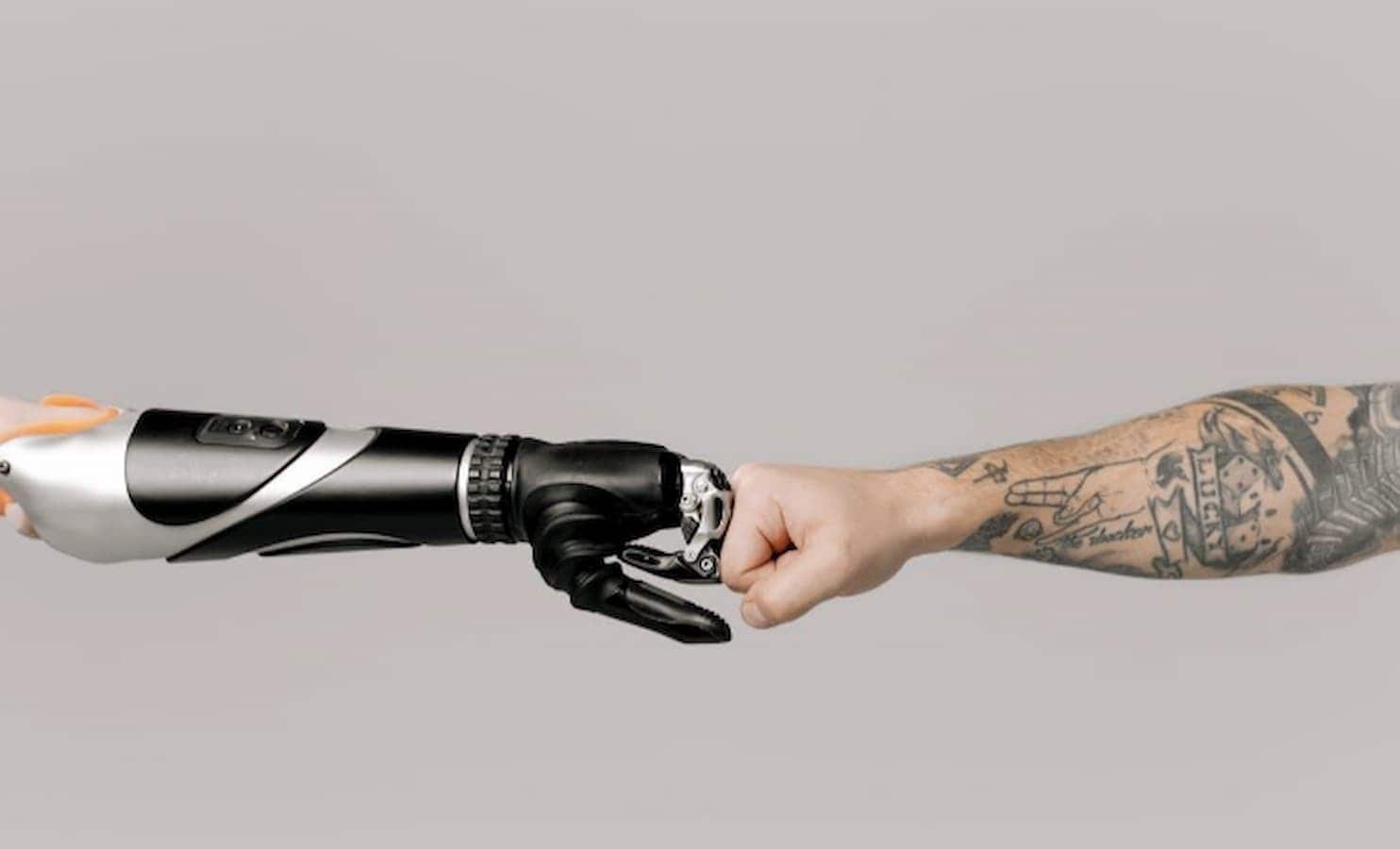
Just a heads up, if you buy something through our links, we may get a small share of the sale. It’s one of the ways we keep the lights on here. Click here for more.
On March 14, 2023, OpenAI, the Artificial Intelligence (AI) developers collective behind Jukebox and Dall-E, released GPT-4.
This 4th iteration of its GPT (Generative Pre-trained Transformer) language model promises to correct many of the issues that came with GPT-3, which is perhaps best known for its consumer-facing chatbot, ChatGPT
To keep us all on our toes, OpenAI researchers also released a report detailing what industries might be most likely to get replaced by machine learning-trained chatbots.
What jobs will survive, and what will be left of them?
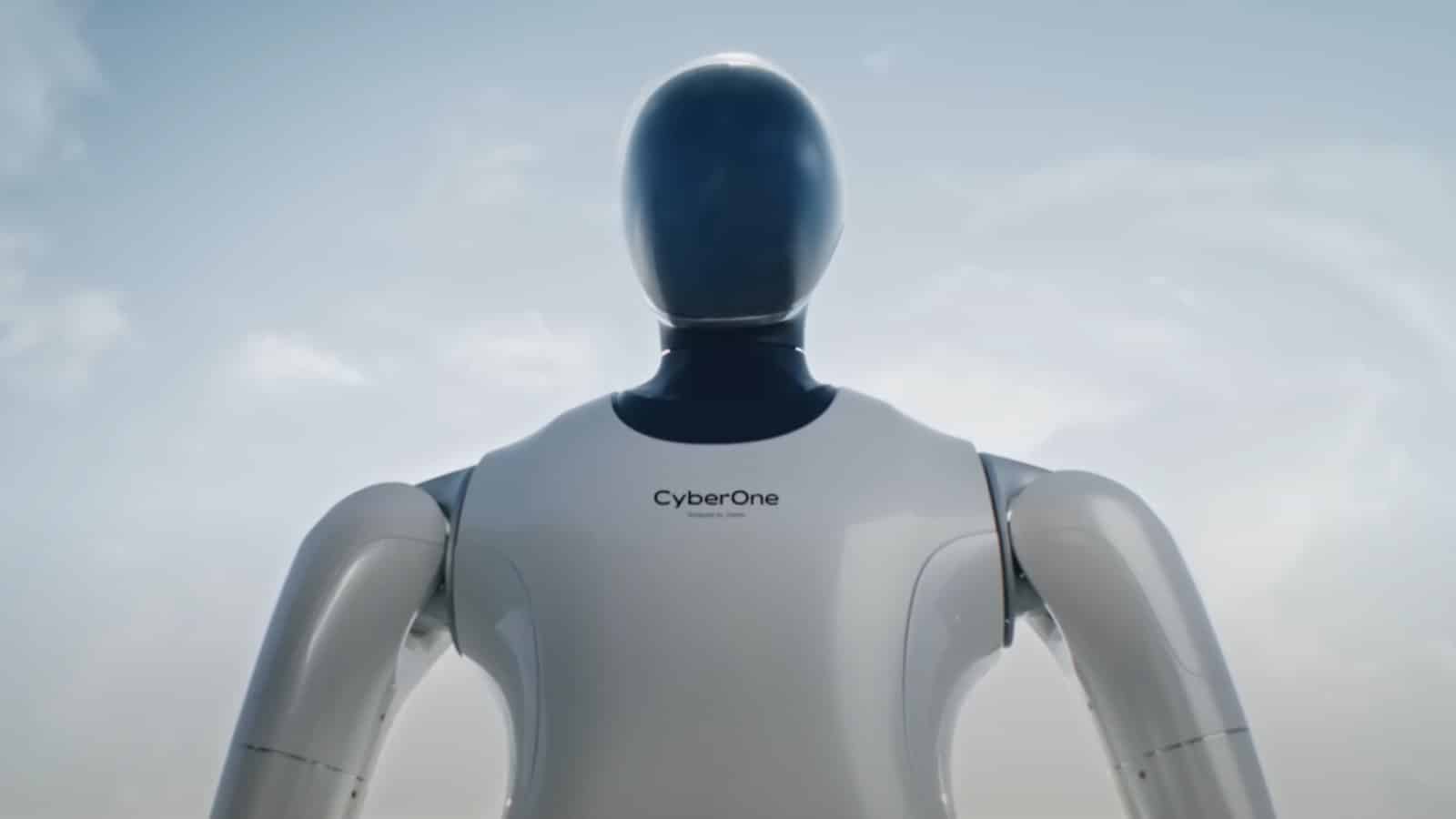
As with any study, we should consider the source; this instance is no exception.
In this particular case, the research on GPT was conducted by a company that actively licenses the GPT product across multiple industries.
That said, the study estimates that 19% of jobs could be impacted by the language model’s eventual implementations.
OpenAI predicts the hardest hit industries will be:
- interpreters and translators
- poets, lyricists and creative writers
- public relations specialists and journalists
- mathematicians
- tax preparers, accountants, and auditors
- blockchain engineers
While there will be less impact in traditionally manual labor-intensive industries like:
- food services and manufacturing
- textile production
- mining (except oil & gas)
- construction and civil engineering
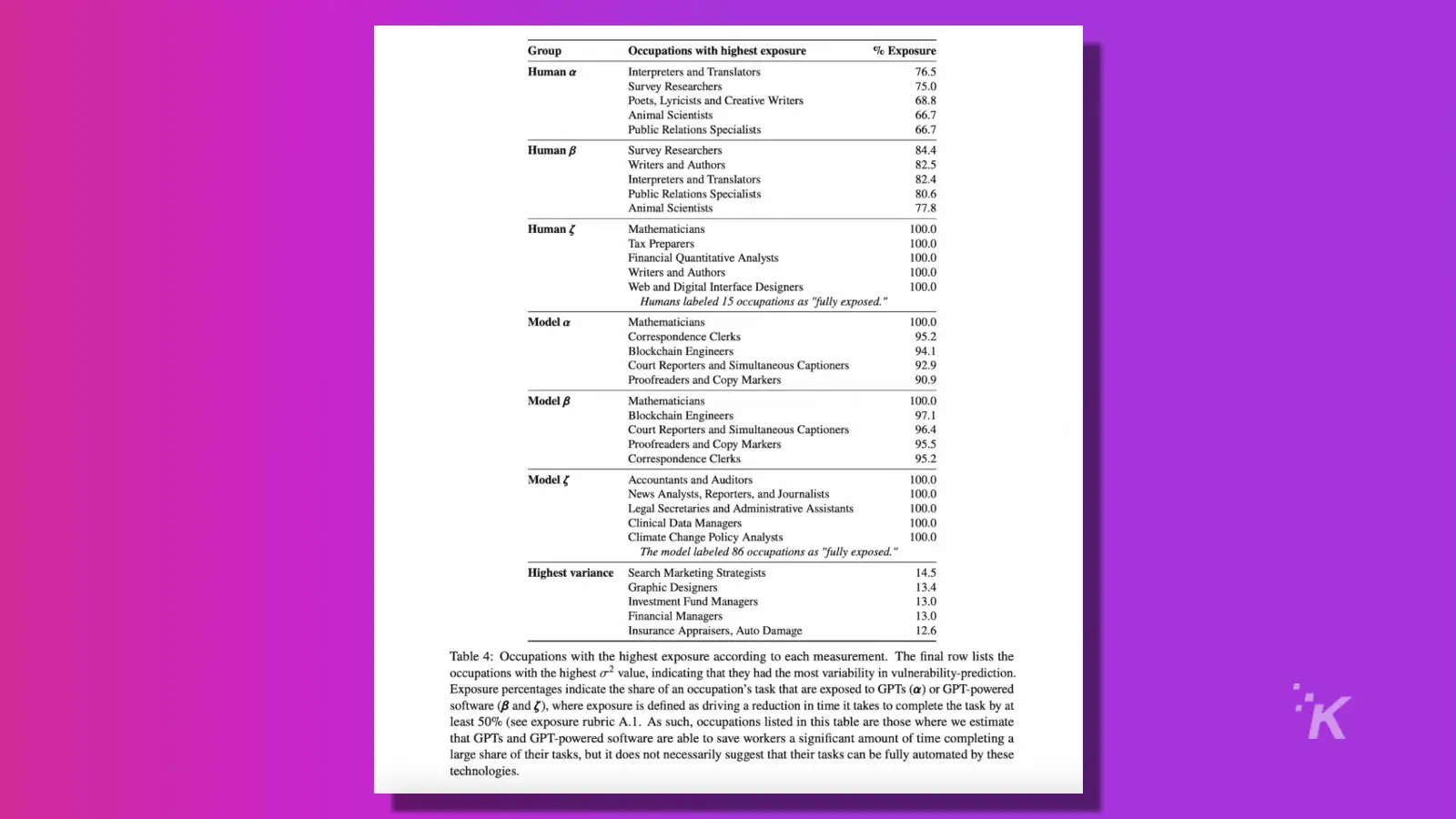
So, what does that mean?
Is it time to take up an old-fashioned trade? Only if you think your job could easily be replaced by a procedurally generated MadLib trained solely on existing materials.
GPT-4 tech is impressive, and the implications for numerous industries moving forward are clear, but it will be a while before these models can truly be self-sufficient.
One thing is for sure; Artificial Intelligence is sure to change the landscape of many industries as we advance.

Rudimentary AI Chatbots have already been used in various applications for the past decade, and AI-trained digital twins have been saving companies millions of dollars for years.
For the time being, it might be wise to stay on top of developments in Machine Learning, Artificial Intelligence, and GPT projects in general – but right now, it is still a bit of a parlor trick.
Do you think ChatGPT is going to replace 19% of American jobs? Let us know in the comments or carry the discussion over to our Twitter or Facebook.
Editors’ Recommendations:
- Snapchat launches new AI powered-chatbot from OpenAI
- Mankind isn’t ready for OpenAI’s extremely impressive text generator
- ChatGPT bug reportedly revealed your lazy writing habits
- Apple’s quietly cooking up fresh AI models for Siri
















